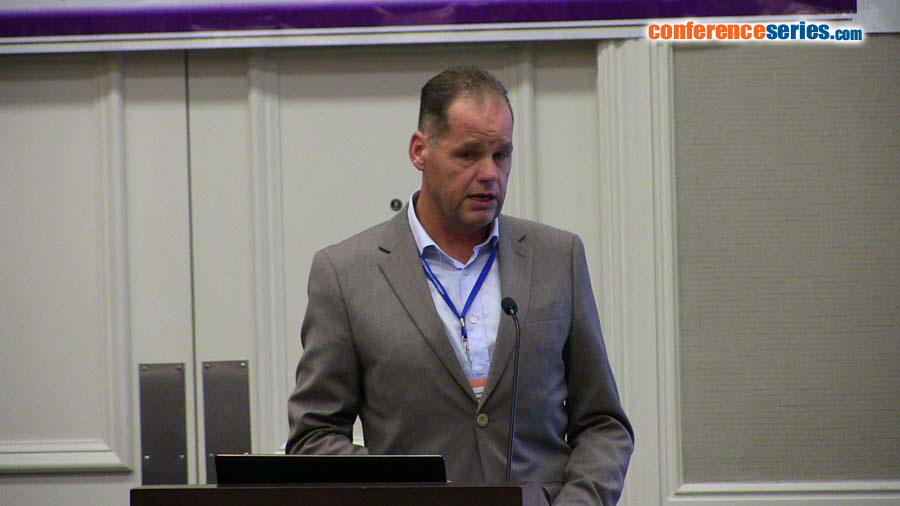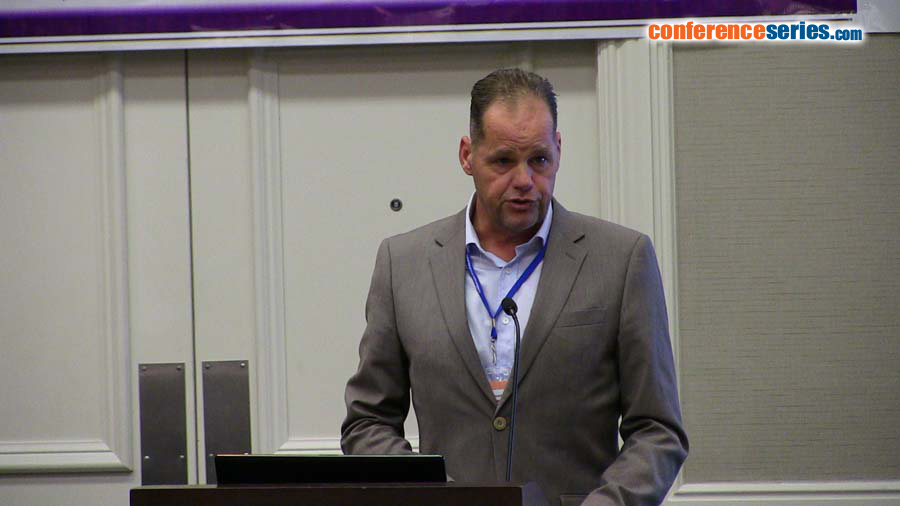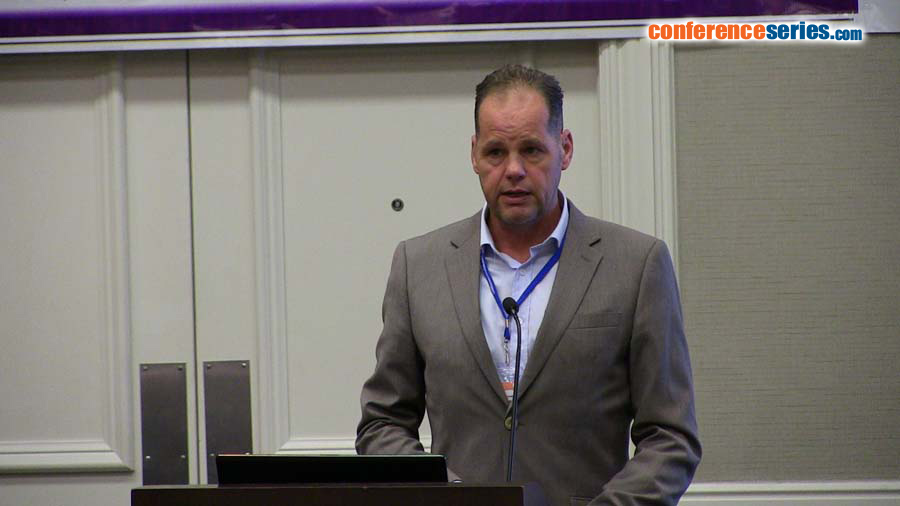
Paul J Caesar
University Medical Center Groningen, Netherlands
Title: ATP as a useful method in controlling cleanliness of flexible endoscopes
Biography
Biography: Paul J Caesar
Abstract
Although quality of reprocessing FES has improved over the past decades and permanent controls of process parameters in the automated endoscope washers (AEW) are continuously performed, improper or ineffective cleaning, disinfection, drying and storage (reprocessing) of reusable flexible endoscopes (FES) can pose a serious infection risk to patients. Despite of all quality improvements and a strong believe in validated process parameters of the AEW, in the UMCG FES with channels are still frequently and routinely microbiological (bacterial) sampled by retrograde flushing of all channels. For example, based on historical outcomes, each duodenoscope is sampled every week. Although FES safely passed the process in the AEW, a part of reprocessed FES showed to be positive in microbiological cultures, even with resistant bacteria. This additional screening of microbial quality of reprocessed FES could be regarded as an essential method to detect pitfalls in reprocessing or the state of art quality of FES especially in FES with channels. However, microbial screening is labor-intensive (and thus cost-expensive), takes a long time and only microbial (bacterial) contamination is verifiable. Based on literature and two short surveys in which we studied the use of ATP (adenosine triphosphate) bioluminescence as an alternative in checking the cleanliness of reprocessed ENT-endoscopes and duodenoscopes, we conclude that ATP is a quick, easy and reliable method for regularly monitoring the cleanliness of reprocessed FES. Because it’s broader spectrum including all possible organic contamination (e.g., tissue), it has a positive effect on the whole quality and safety process on reprocessing FES and a safe release and use for following patients. ATP can replace high frequent routine microbiological testing, which should only be indicated on clinical problems possible related with the use of FES or when outcomes on ATP indicates the need of further and more in-depth research.




